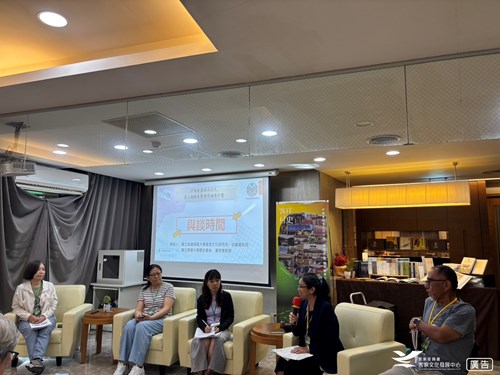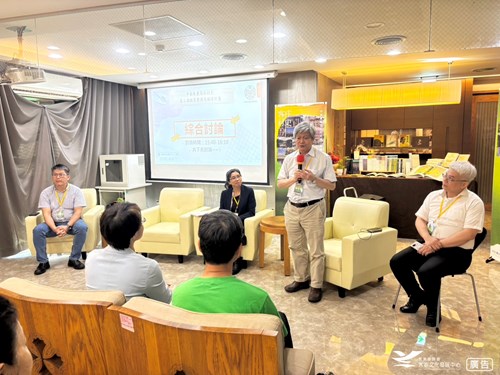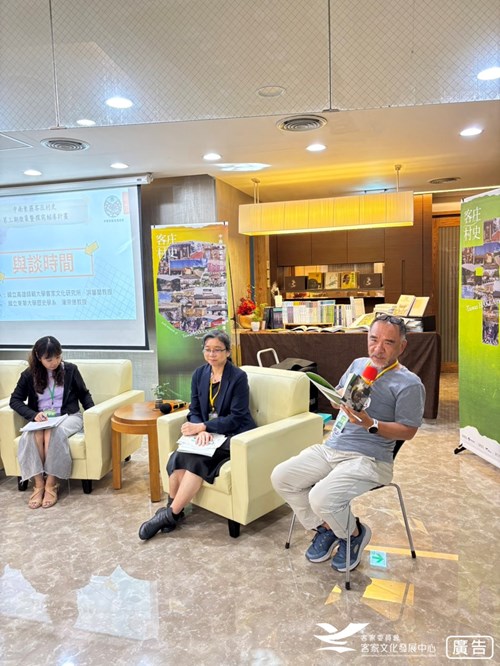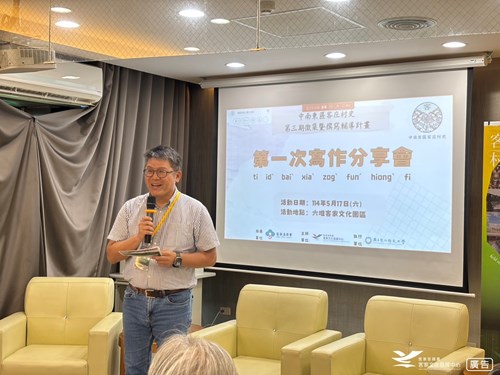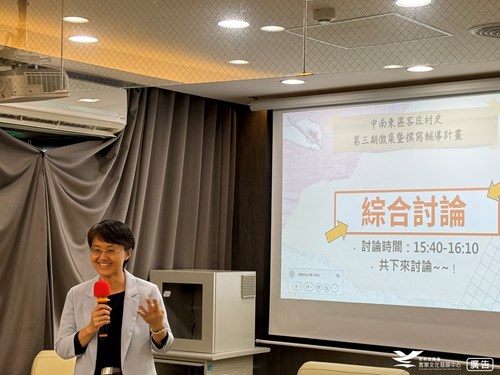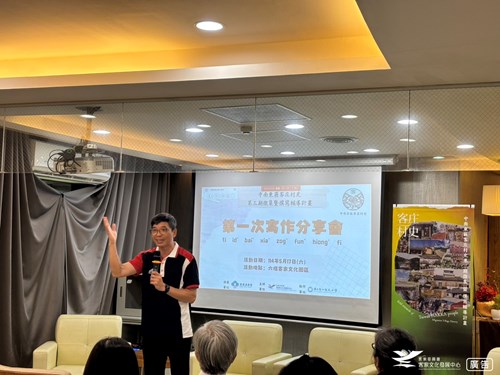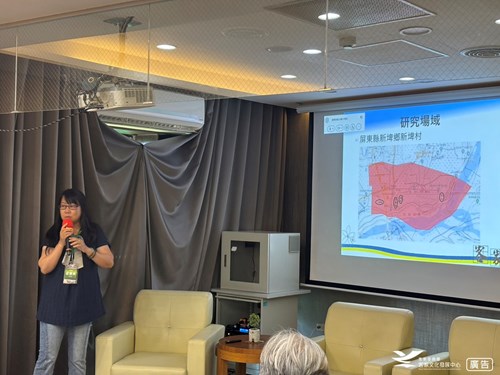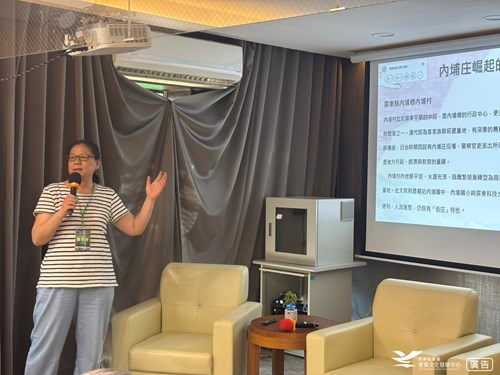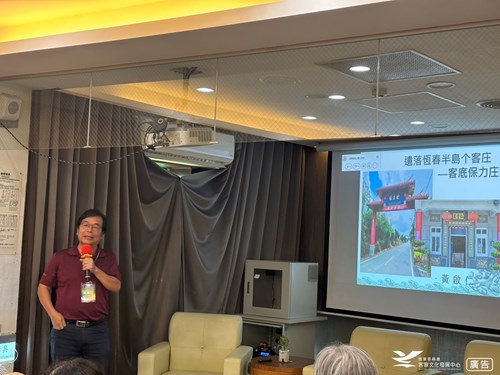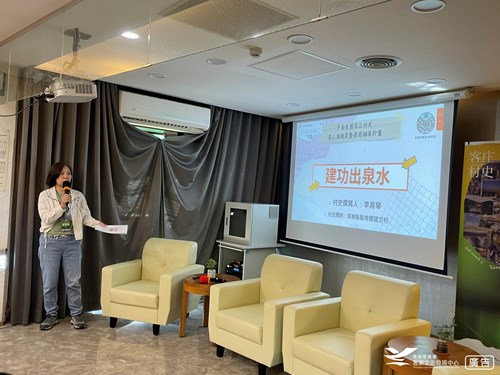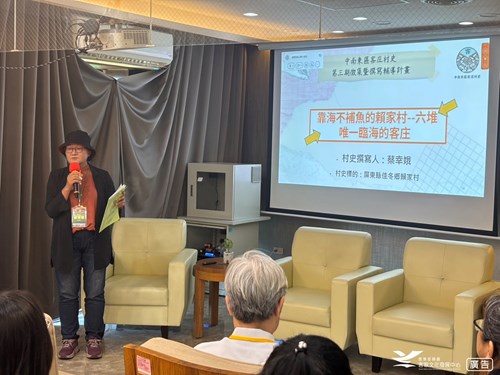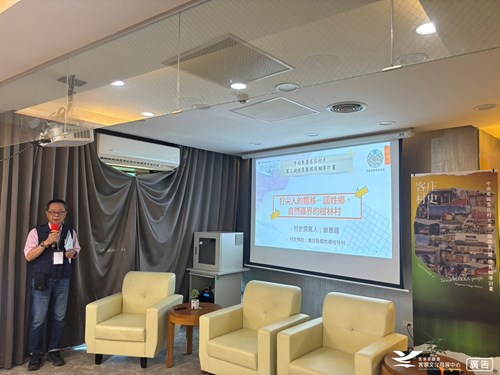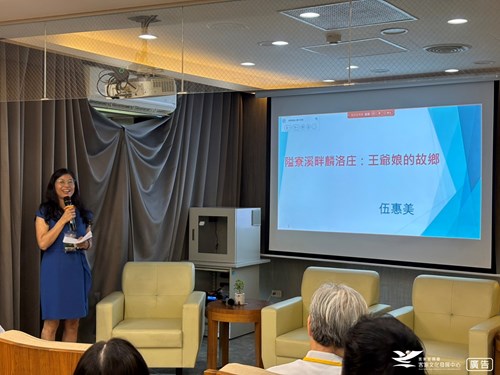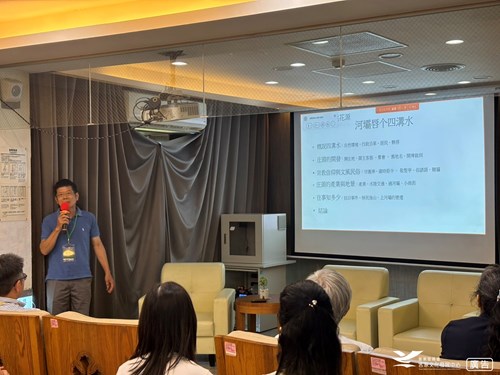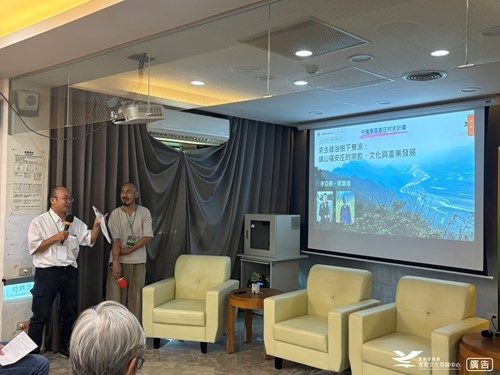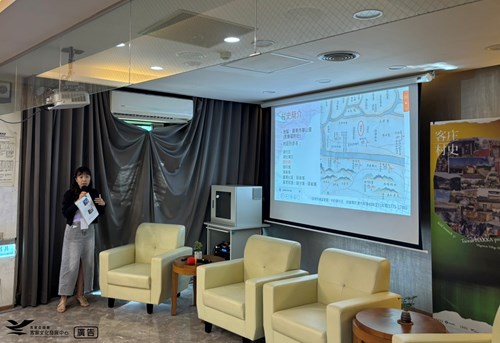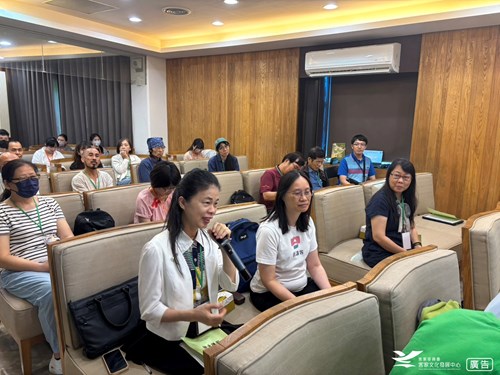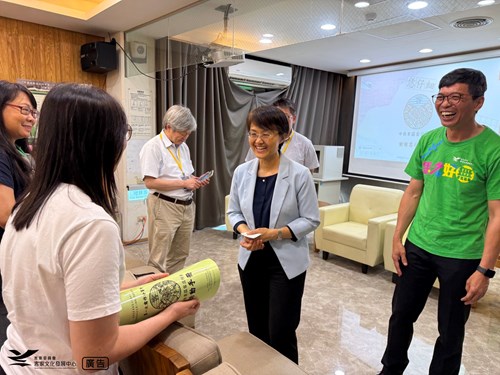
Activity Outcome
First Writing Exchange Session: Program for Collecting and Documenting Hakka Village Histories in Central, Southern, and Eastern Regions
- Source:客家文化發展中心
- Publication Date:2025/07/08
- Last updated:2025/07/08
- Count Views:702

The Liudui Hakka Cultural Park hosted the writing exchange session for the Program for Collecting and Documenting Hakka Village Histories in Central, Southern, and Eastern Regions. Chairperson Ku Hsiu-Fei of the Hakka Affairs Council made a special appearance to personally engage with village history writers, sharing her own journey and deep affection for Hakka culture. From everyday stories to cultural reflections, Chairperson Ku offered heartfelt encouragement, urging participants to cherish local history and safeguard the roots of their cultural heritage. Through the sharing of experiences and stories, the event aimed to strengthen local identity and continue fueling the vitality of Hakka culture.
This session brought together the current cohort of village history writers to share their experiences from fieldwork and interviews, as well as the personal journeys that they’ve undertaken in the writing process. The advisory team—Professor Lee Tsung-Hsin, Professor Hung Hsin-Lan, Associate Professor Chang Hung-Yi, and Professor Pan Tsung-Yi—offered professional guidance rooted in practical experience and insightful perspectives, encouraging each writer to thoughtfully document the stories of their communities. The relaxed, conversational format helped bridge the gap between academic research and everyday life, fostering a space where cultural knowledge could be exchanged naturally. These meaningful dialogues not only advanced the transmission of local culture and history but also sparked new inspiration and motivation among the writers. We are grateful for the enthusiastic participation of everyone involved, which made the path of cultural preservation more vibrant and alive than ever. We look forward to the next gathering, where we will continue to bring fresh energy to the ongoing work of documenting village histories!
